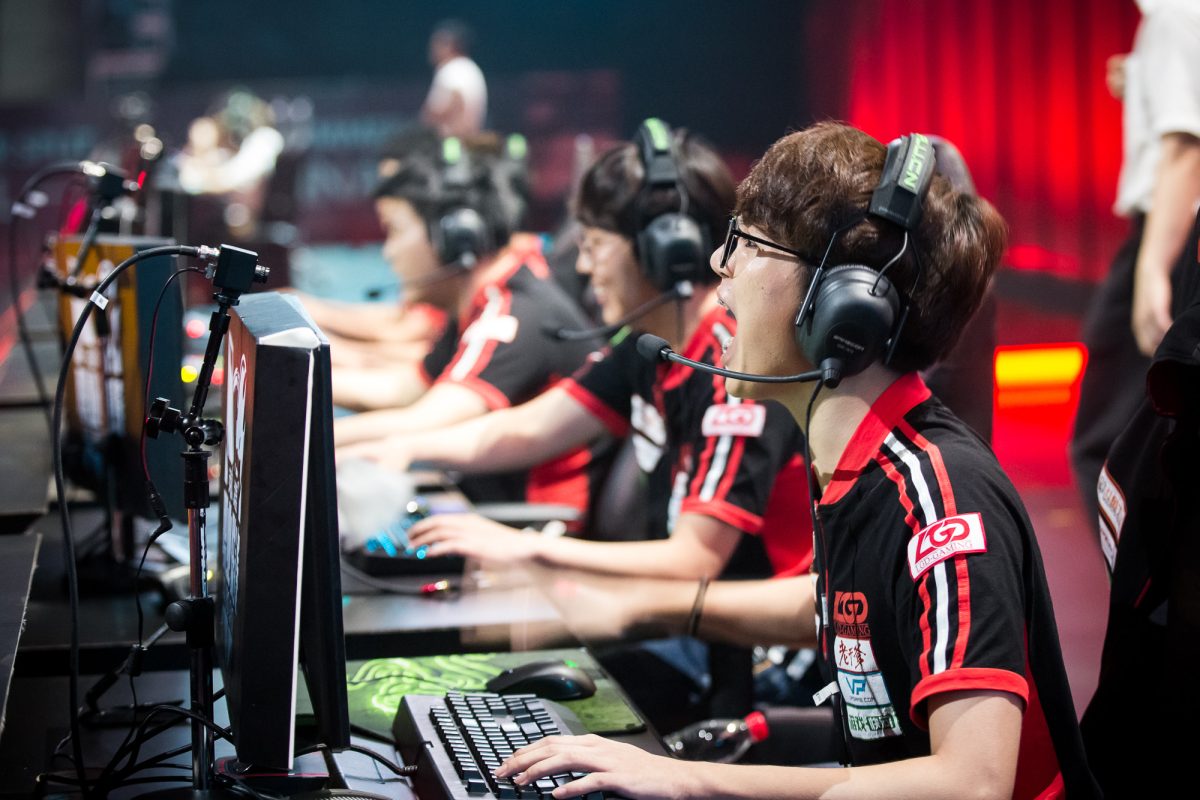Esports teams are facing the axe as teams are reconsidering their investments.
One of the all-time favorite pastimes amongst gaming lovers could be seeing a dark future ahead.
Esports is a genre that brings out the competitive spirit in videogamers. From the comfort of your home or in the spotlight of a venue, people compete in hundreds of different games and go head-to-head all over the world to receive top prize money.
Organizations have risen to the of the food chain and lavished in prize money, while the rest of the teams must sit and watch as their pockets empty as they try to climb to the top. Nothing about esports is cheap: salaried players, coaches, purchased training facilities and more expenses add up, just like your typical sports teams. Esports are something that millions of kids watch growing up. However, there may only be a few teams to watch in the coming years.
Esports competitions have been going on ever since 1972, when Stanford hosted the first ever esports tournament involving the game called “Spacewar.” Esports saw a rise in the 2000s when people saw how much money competitions could truly bring. In today’s day and age, we see cash prizes piling to well over $1 million per tournament in some cases, but even that money isn’t enough to sustain some organizations. Now, we are seeing dozens of teams drop their rosters because the industry is simply not profitable enough.
Jack Wilson, a junior boarder from San Francisco, believes there are ways to enhance the market of the esports community.
“I do think that the model that soccer league has is one that should be adopted,” Jack said. The idea that teams can compete up a ladder system rewards their success and therefore can develop an underdog story for people to root for.”
Jack explained that this model would allow for teams to “earn more money instead of them having to limit their resources or must opt out of esports altogether.” Jack said “you see games like “League of Legends” in Korea or China fill stadiums with fans and bring in revenue, and those teams do just fine so if companies across the world can adopt what they’re doing, I think esports will be in a great place.
Jack is one of millions of gamers across the world who wish to see the esports scene excel. This could be seen through systems that give back to the organizations participating in the game or have the fans more involved with the teams themselves.
Jumpei Ro, a junior from Tokyo, has always seen gaming as something casual, but esports is what brings popularity.
“I think the esports scene is only a niche right now but in time I think it will rival traditional sports,” Jumpei said. We see the major companies bring in so much money but it’s the teams that don’t really receive it unless they are getting first place.
Jumpei said he was never big into video games, but that esports “brought me to games like Pokémon and I’ve met so many friends from that. Games help me cure my boredom, so I always hope that esports are around and successful because that means the gaming scene is healthy and exciting.”
A professional Apex Legends player, Nocturnal, was disappointed after being informed that his team, XSET, would no longer be participating in esports as of January of this year.
“They’re no longer interested in facilitating esports, they don’t think it’s profitable,” Noctural said.
Fan favorite teams, such as Cloud 9, TSM, XSET, NAVI, and more have been dropping their rosters for notorious games like Apex Legends, Valorant, and CSGO. These teams are following in the footsteps of XSET because most organizations are not reaching a sustainable profit margin. This is leading to a universal worry as to whether esports will have a bright future due to only the top one percent of teams being able to make money for their organization.




















